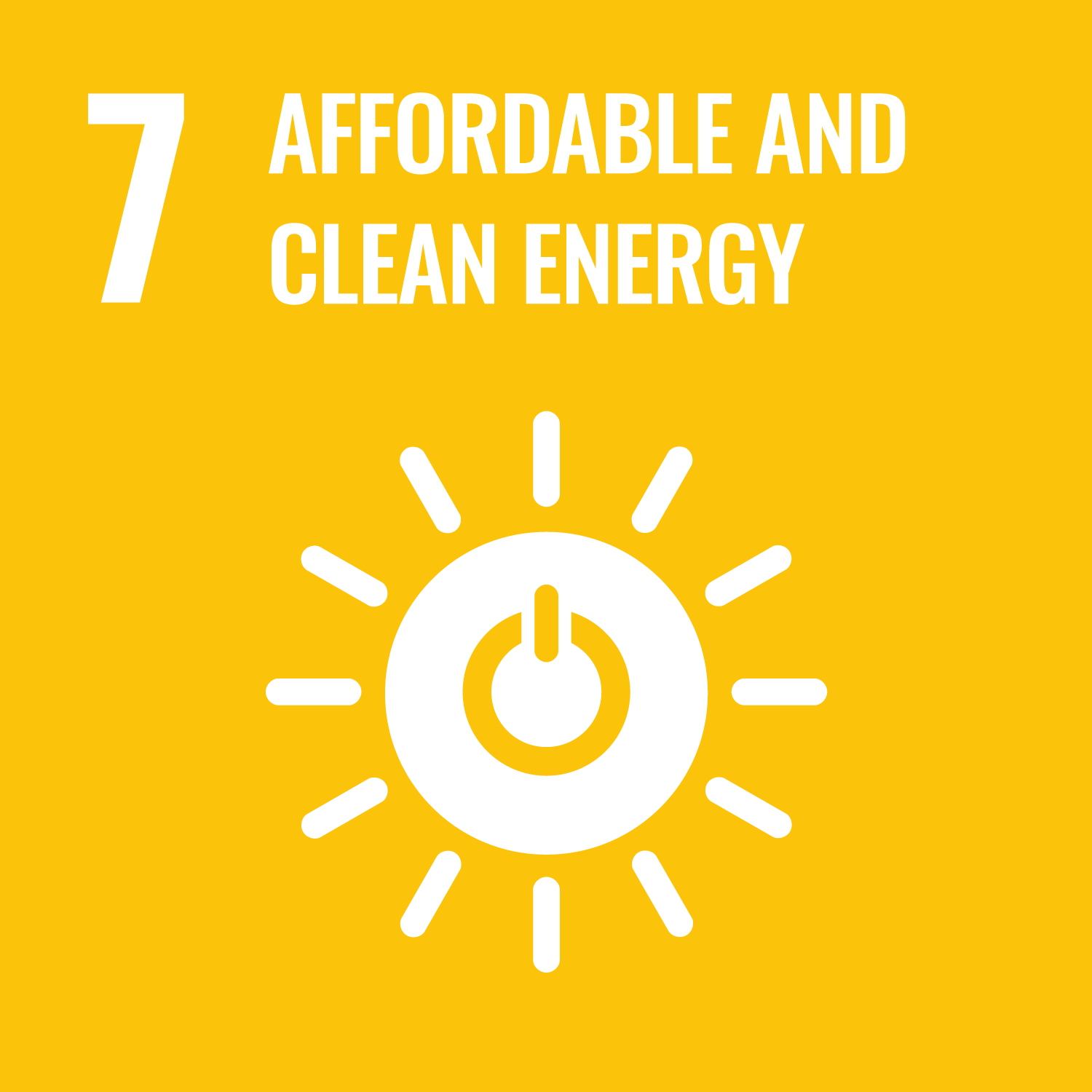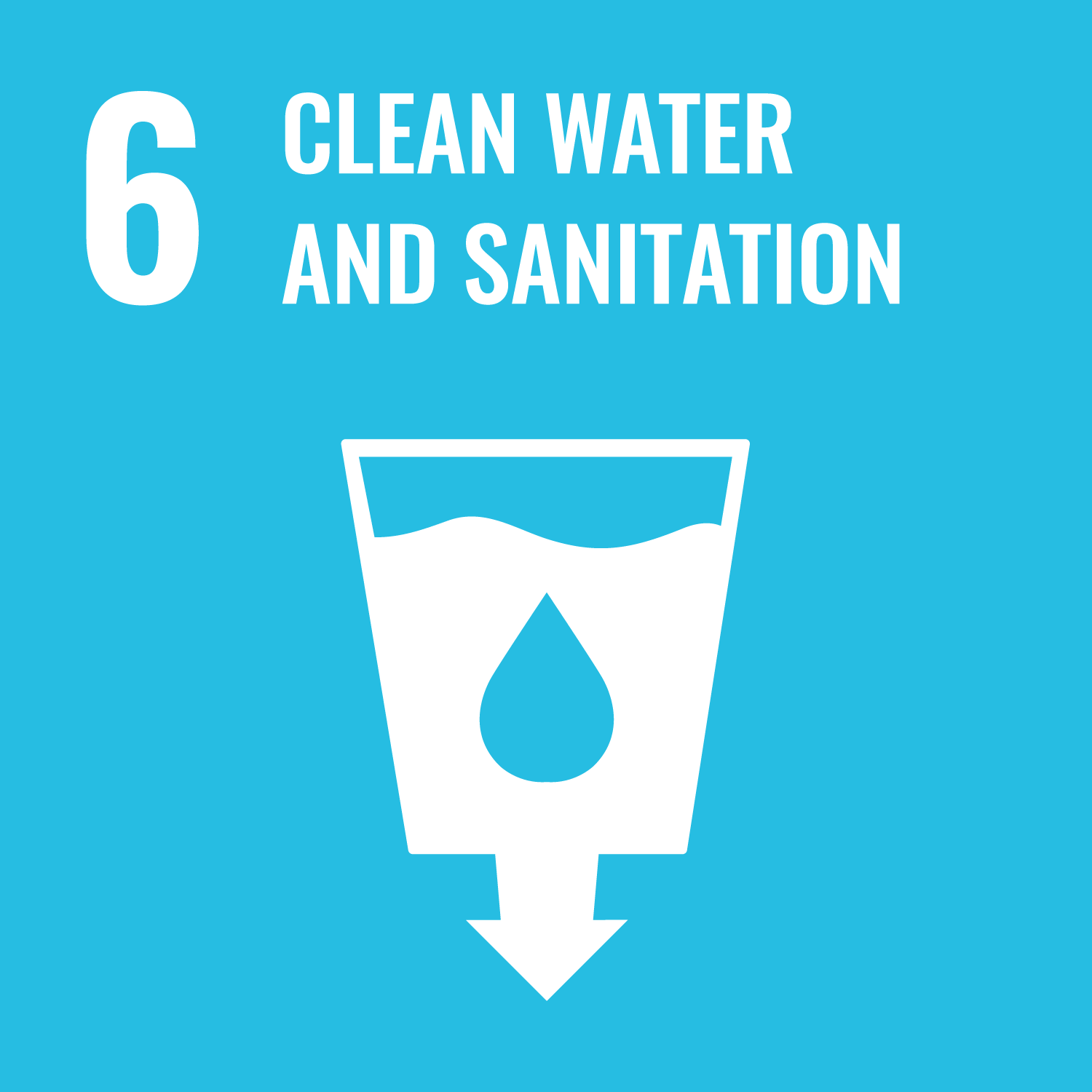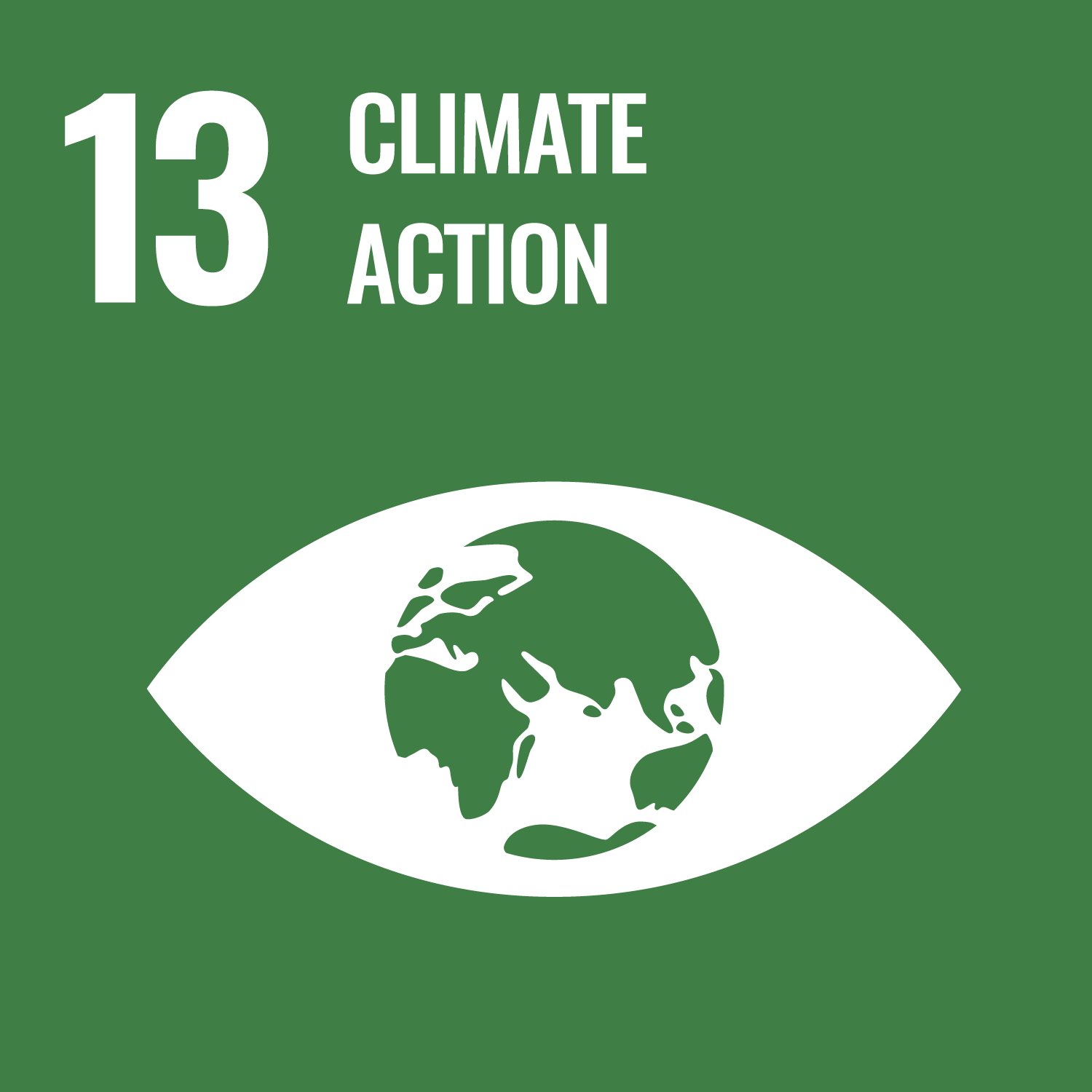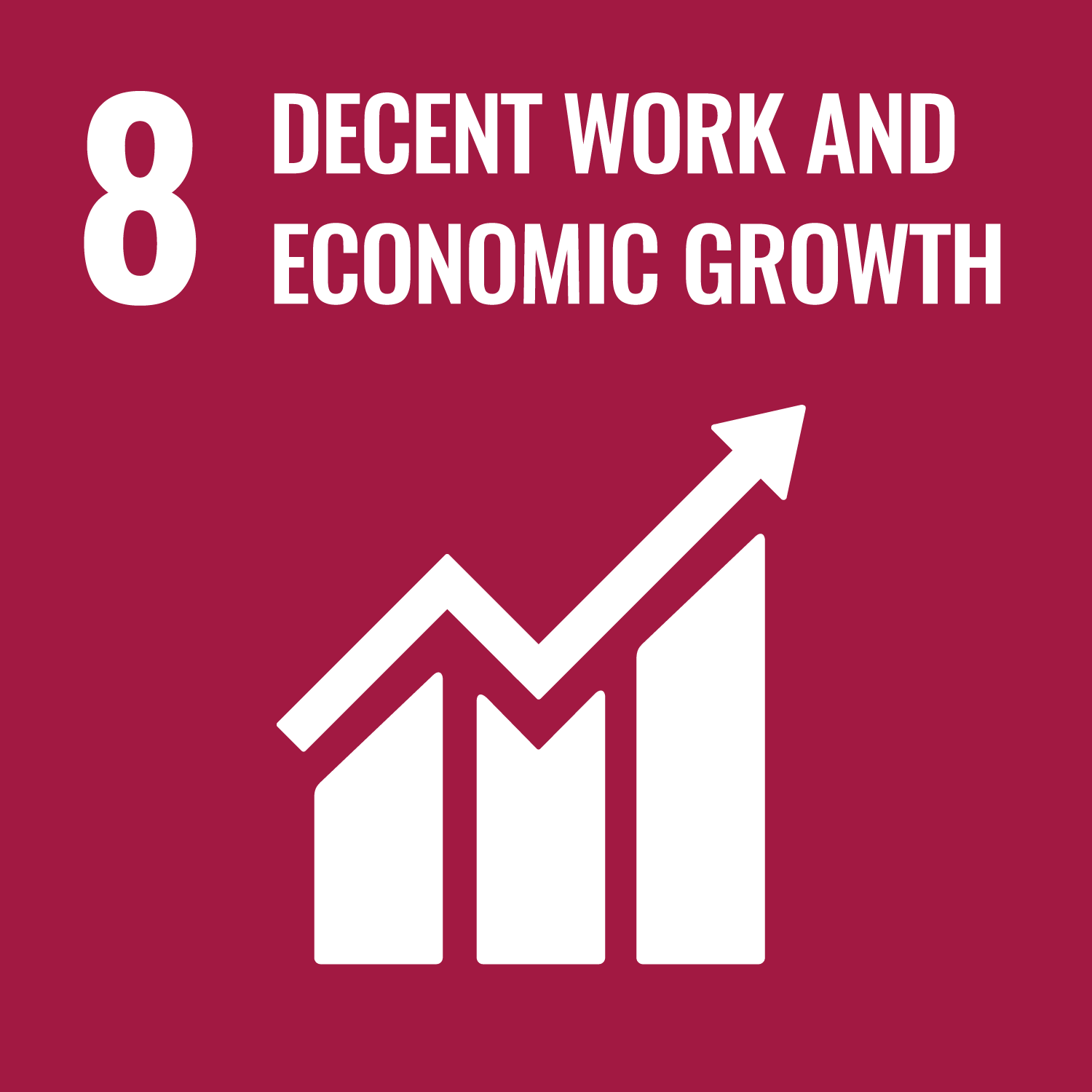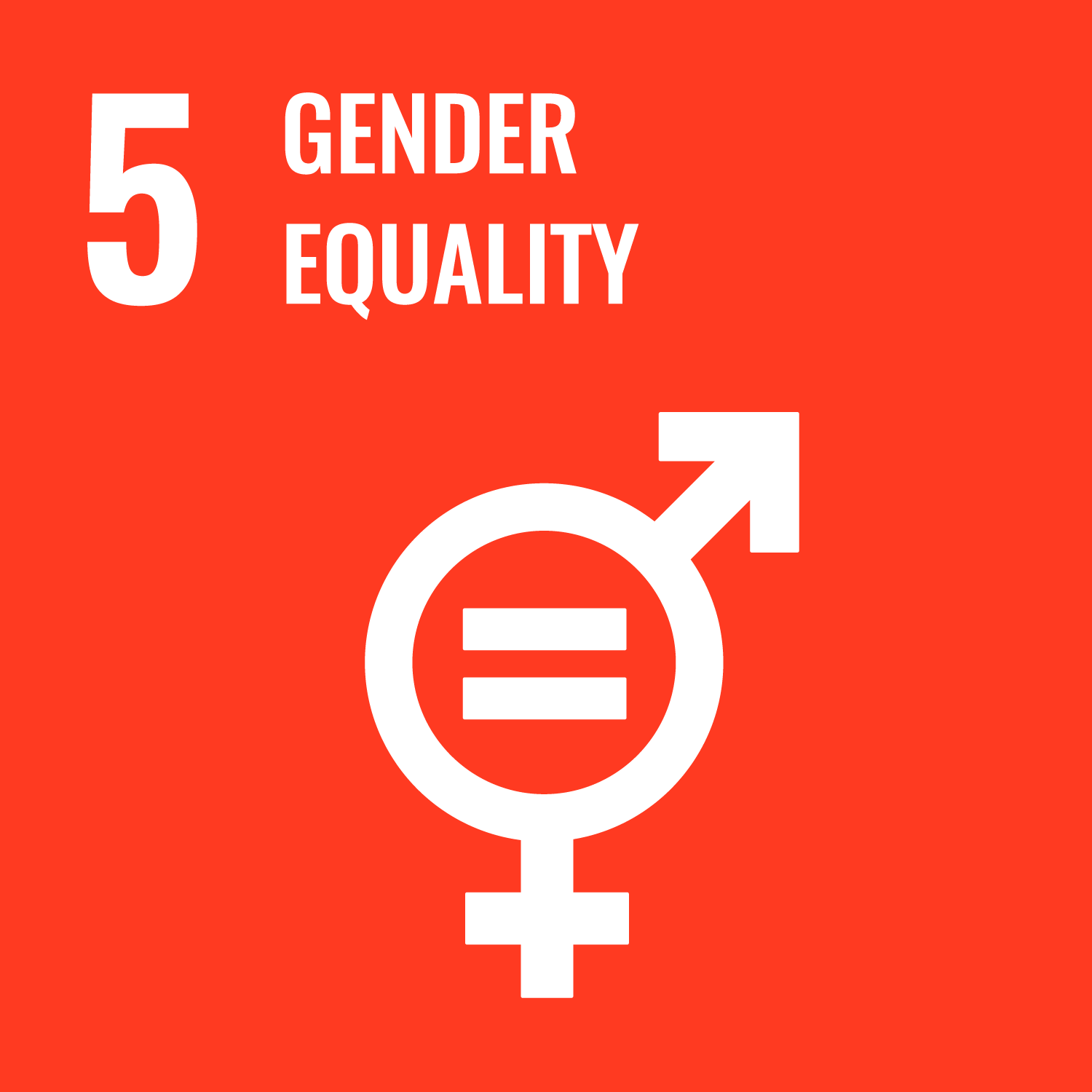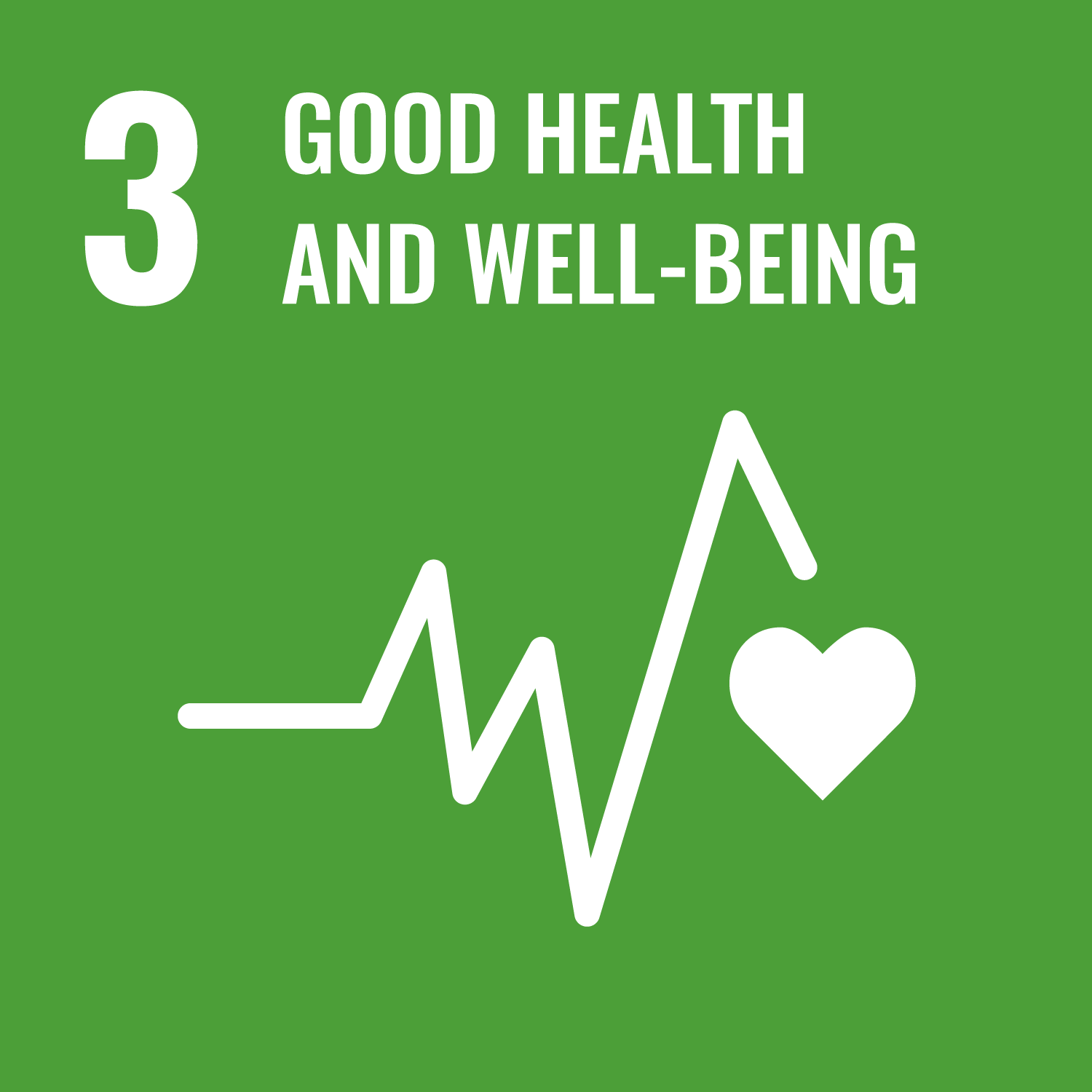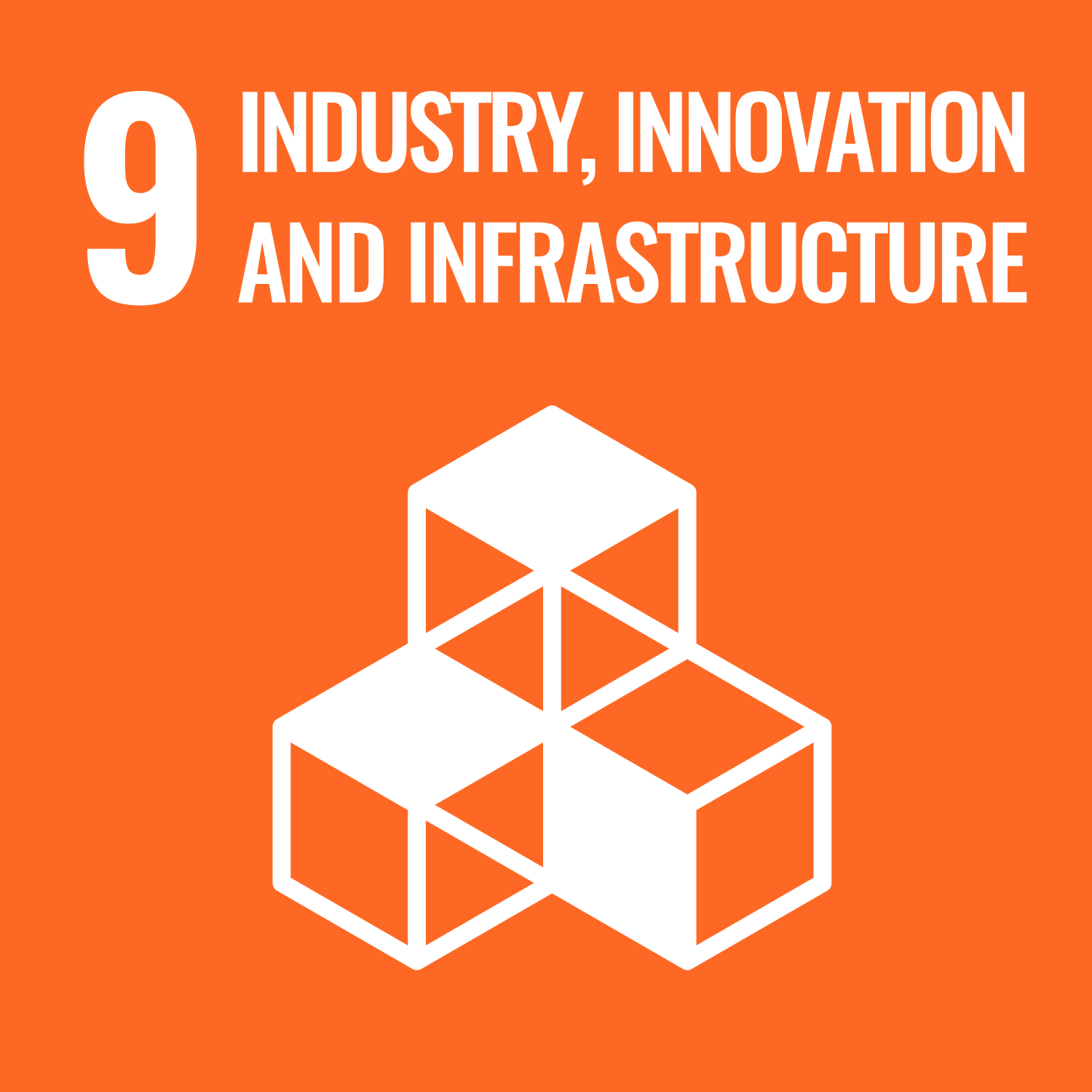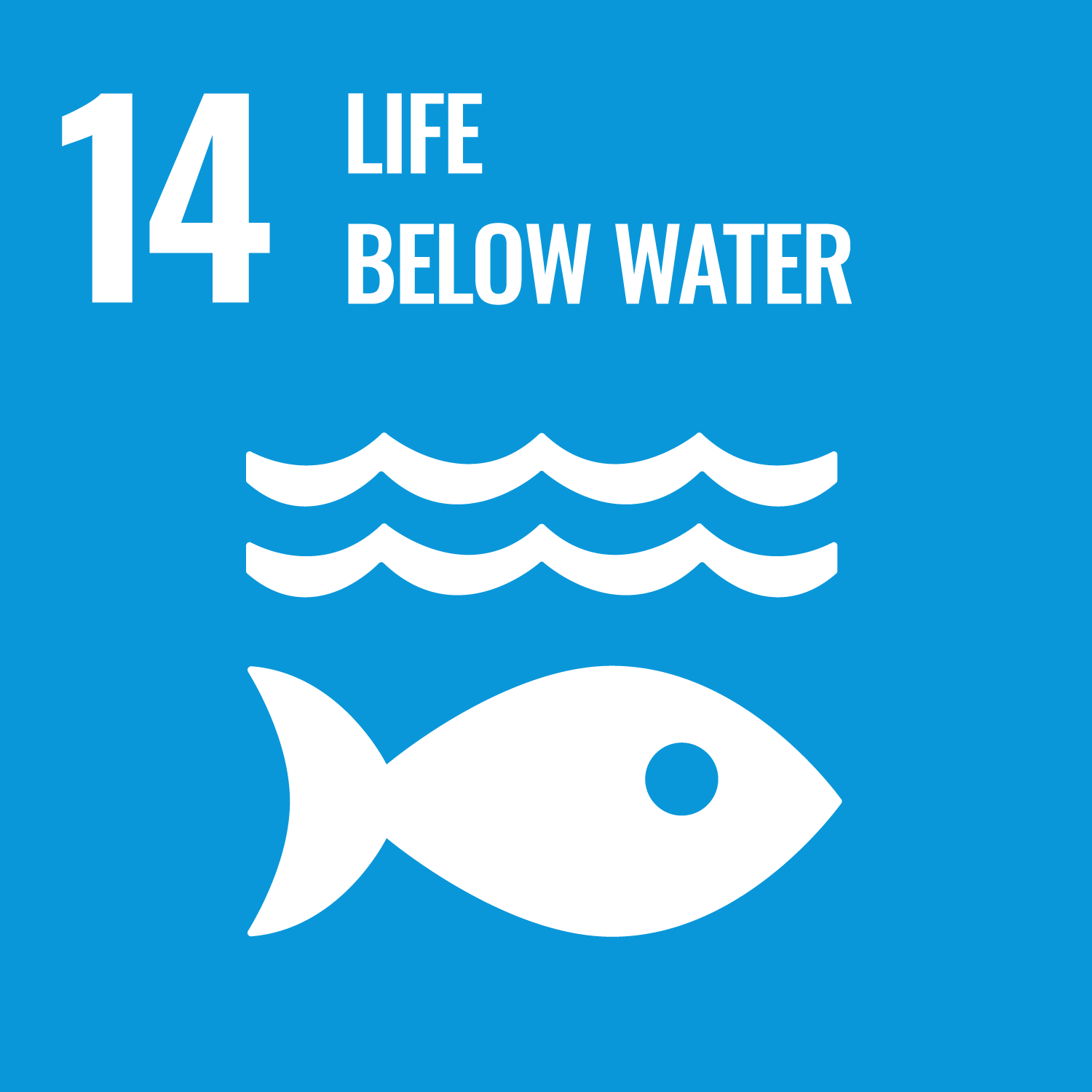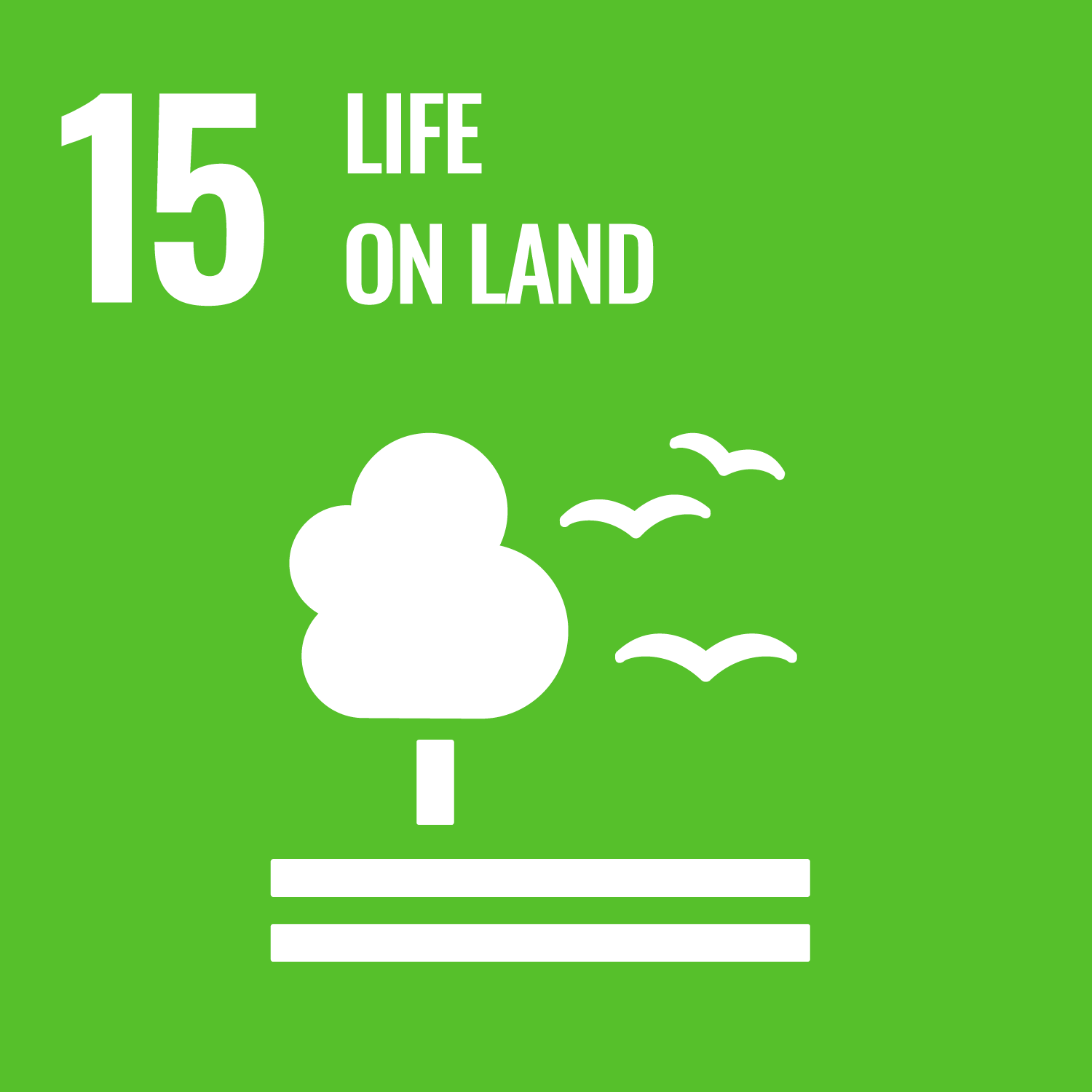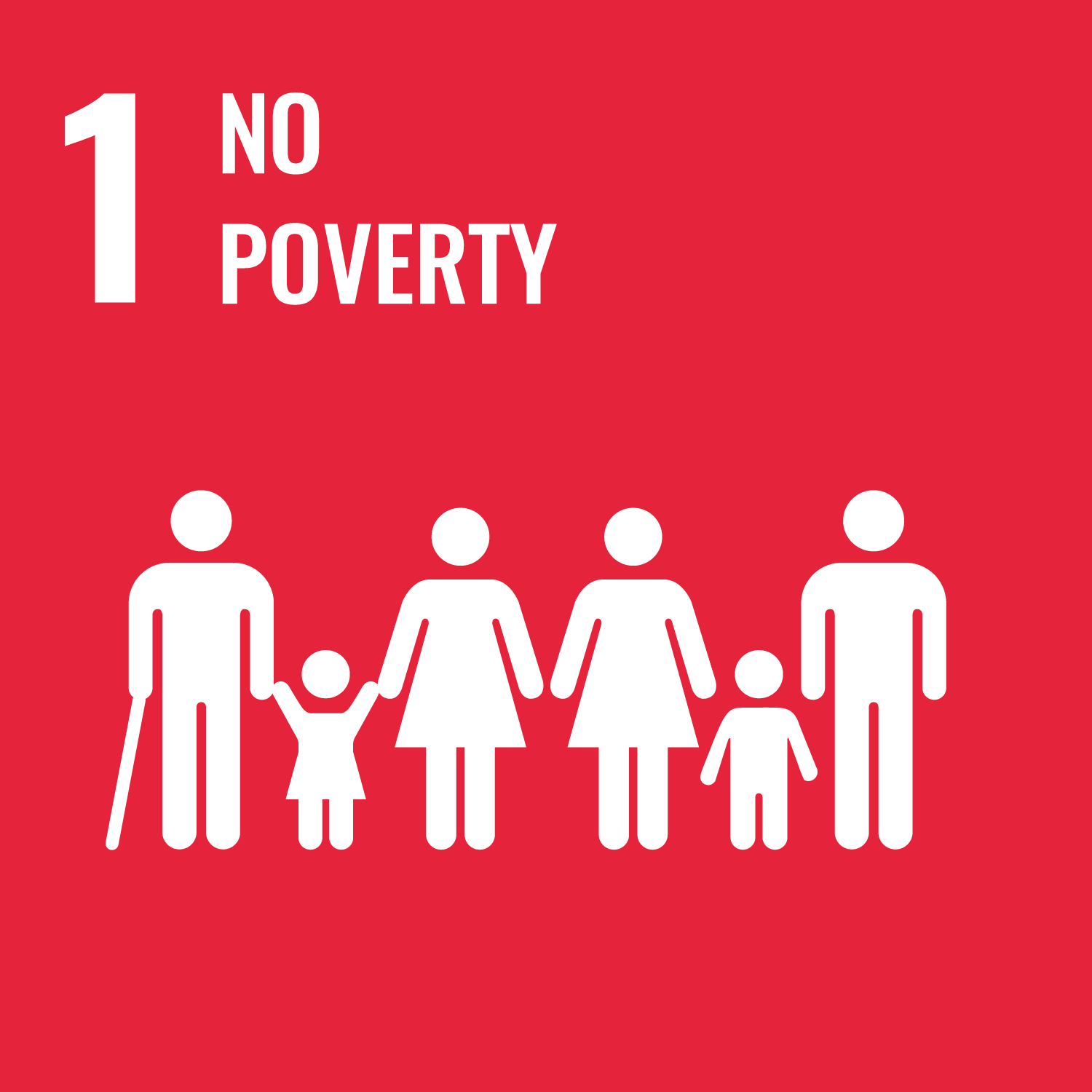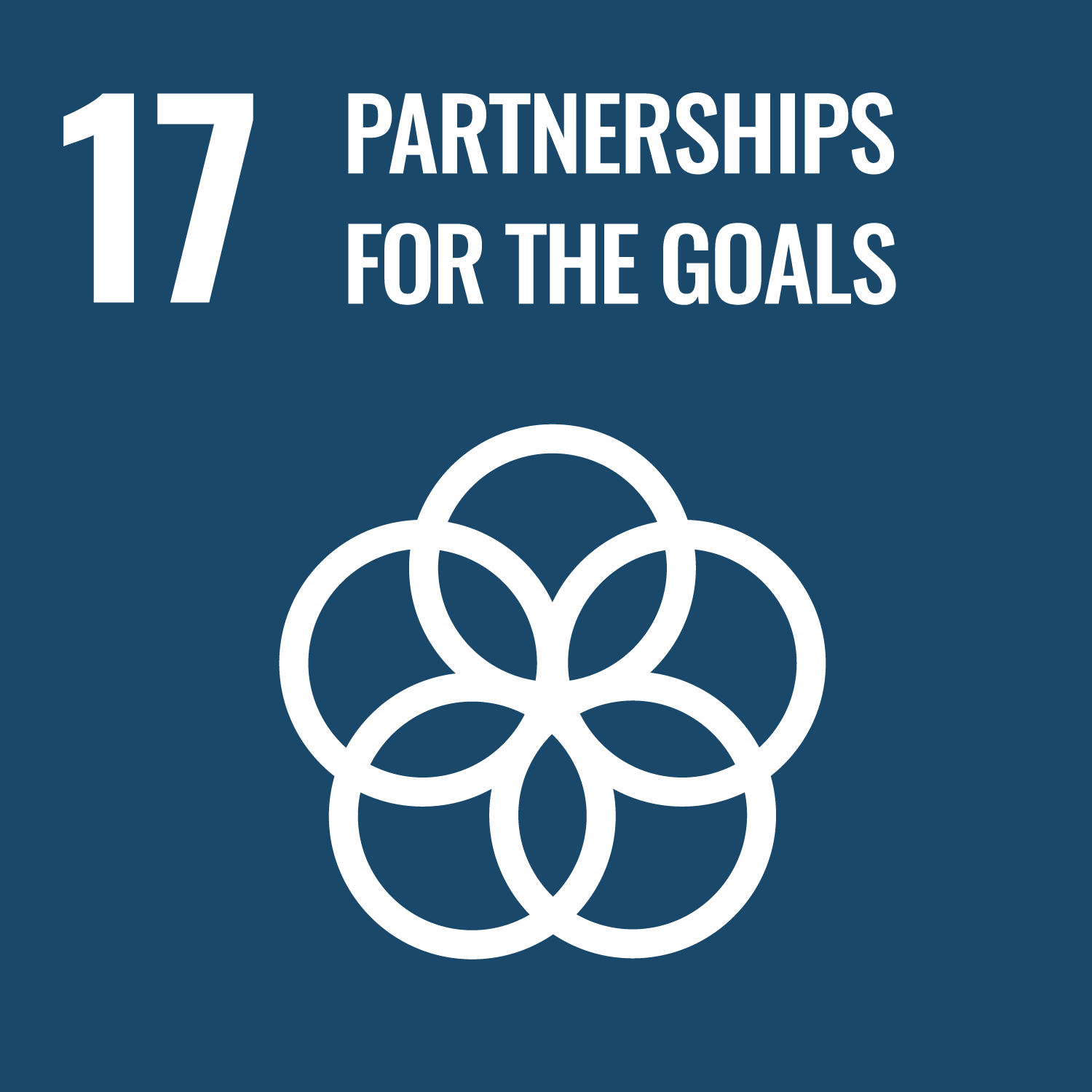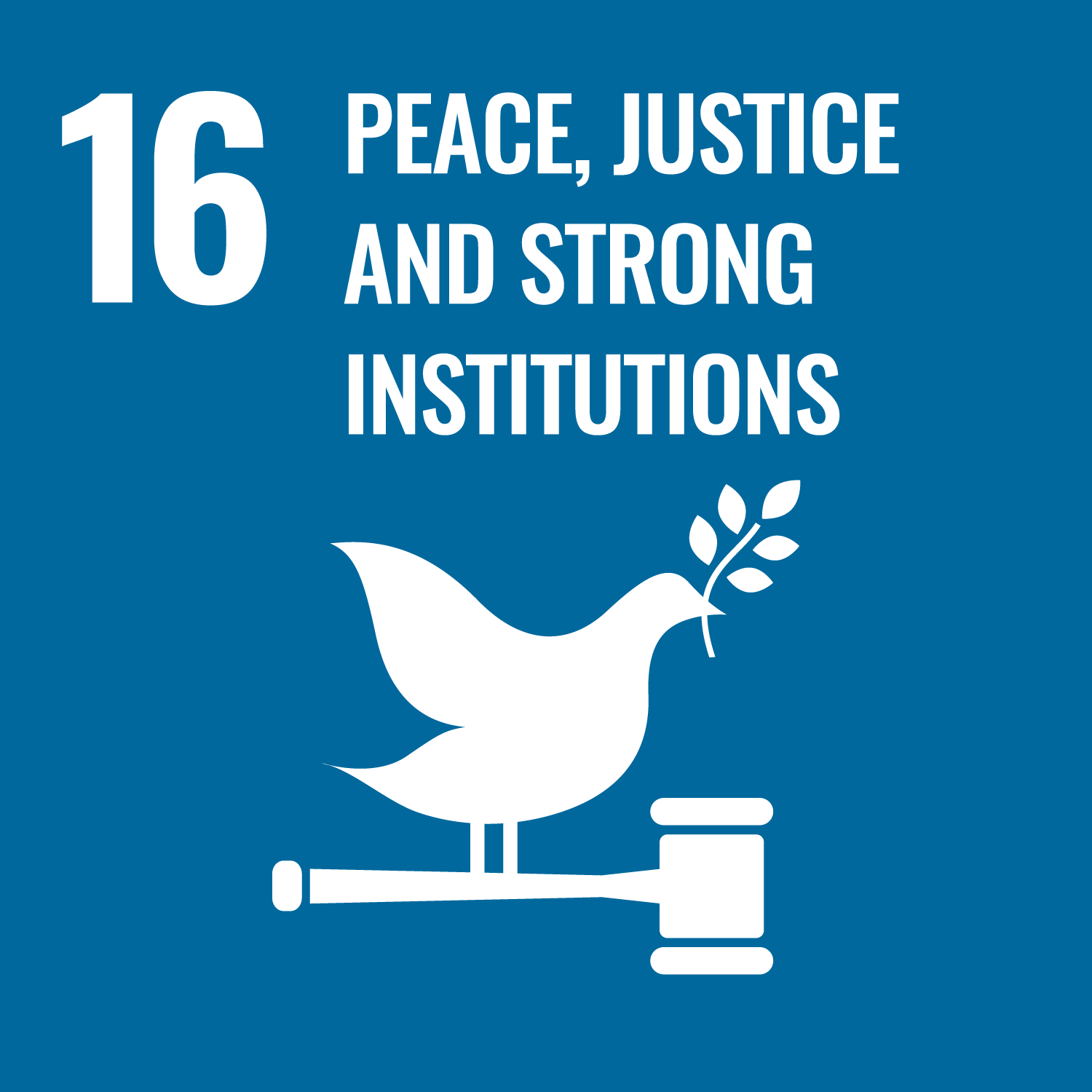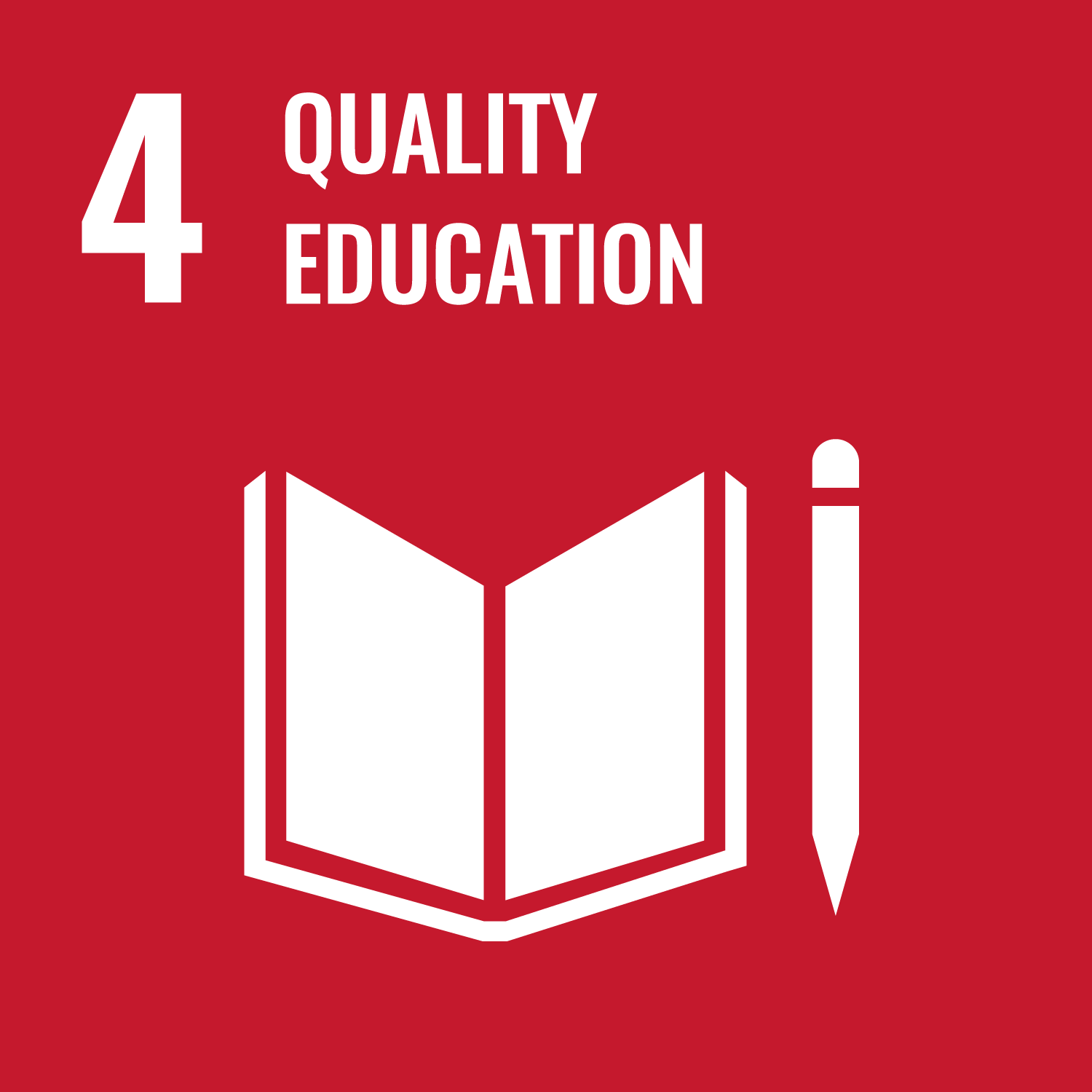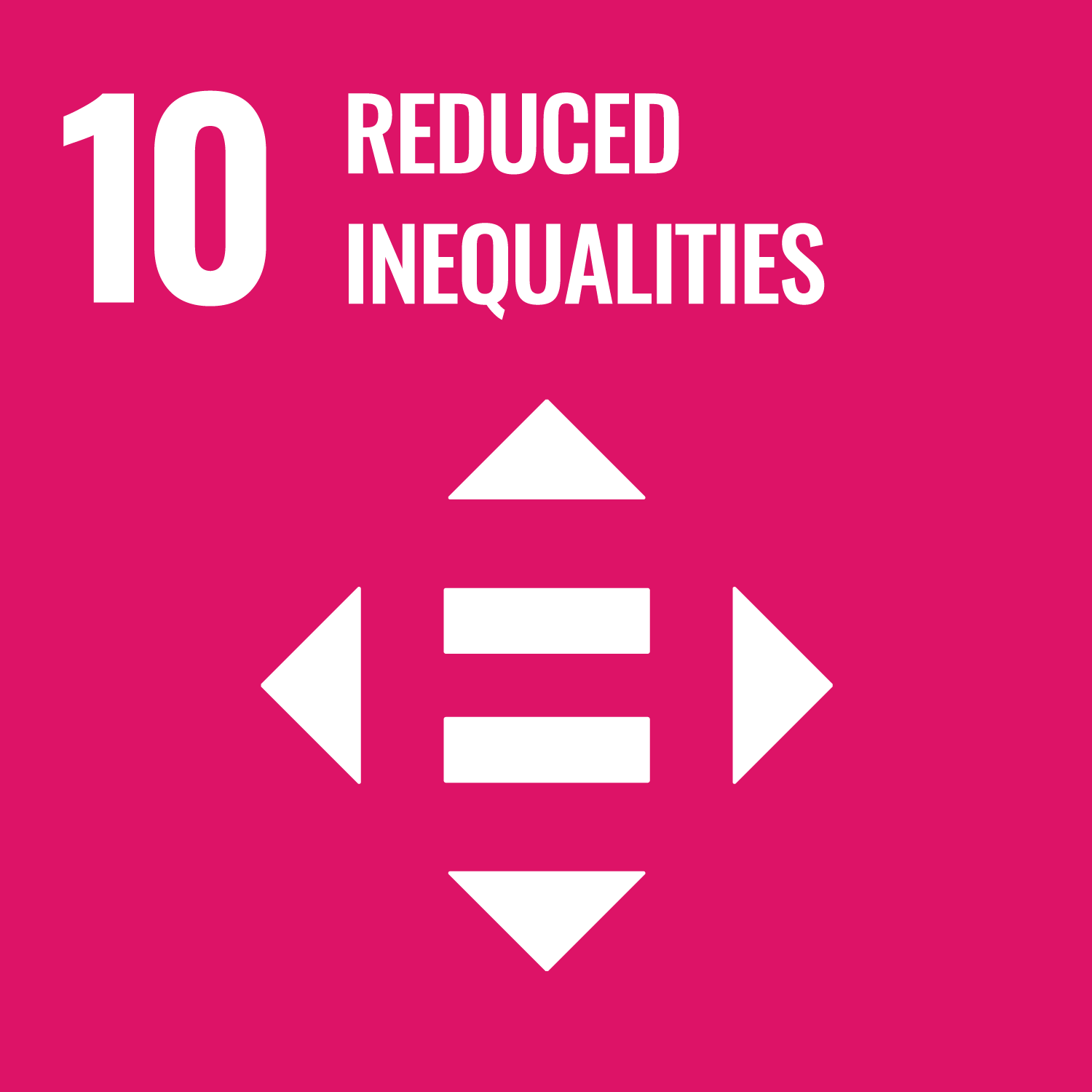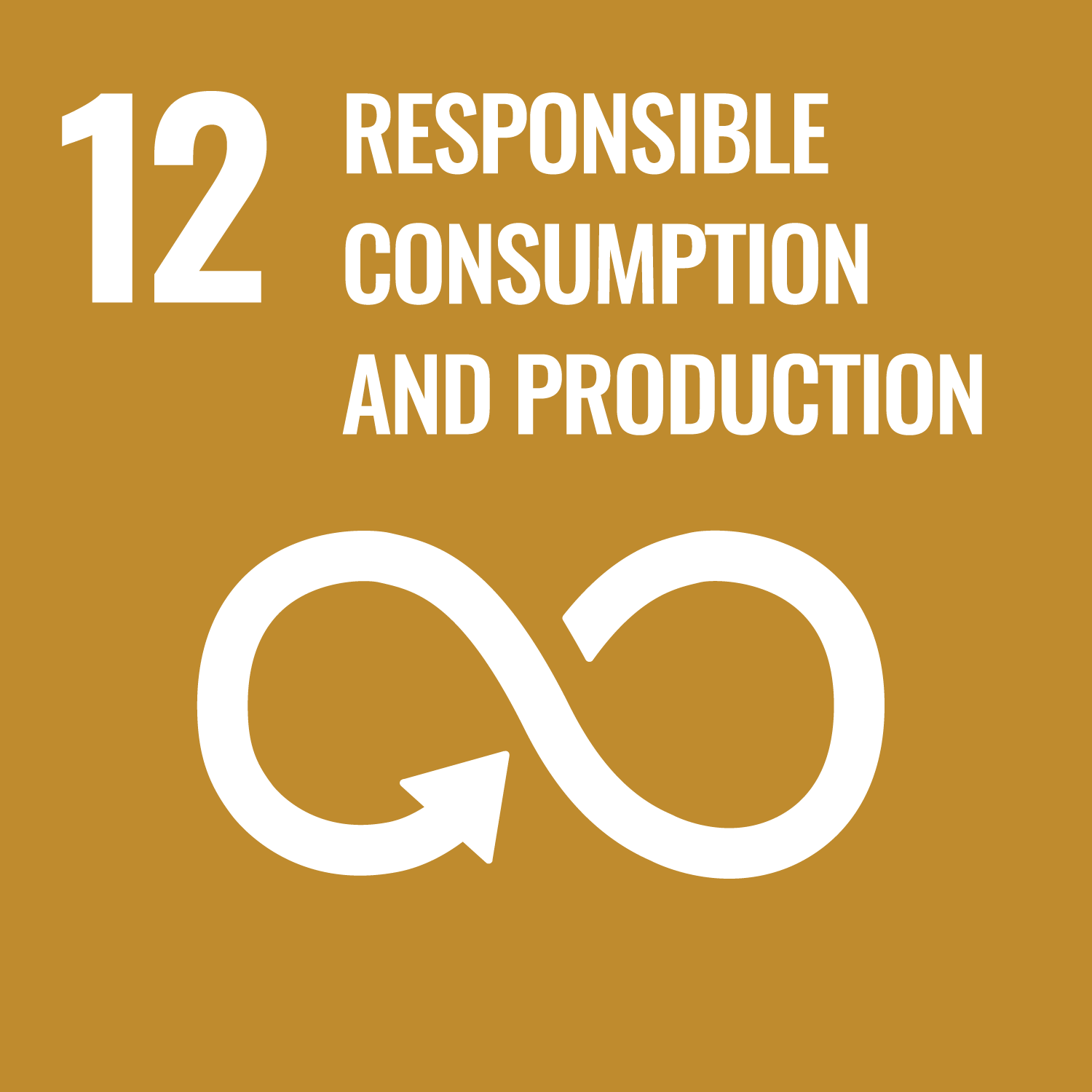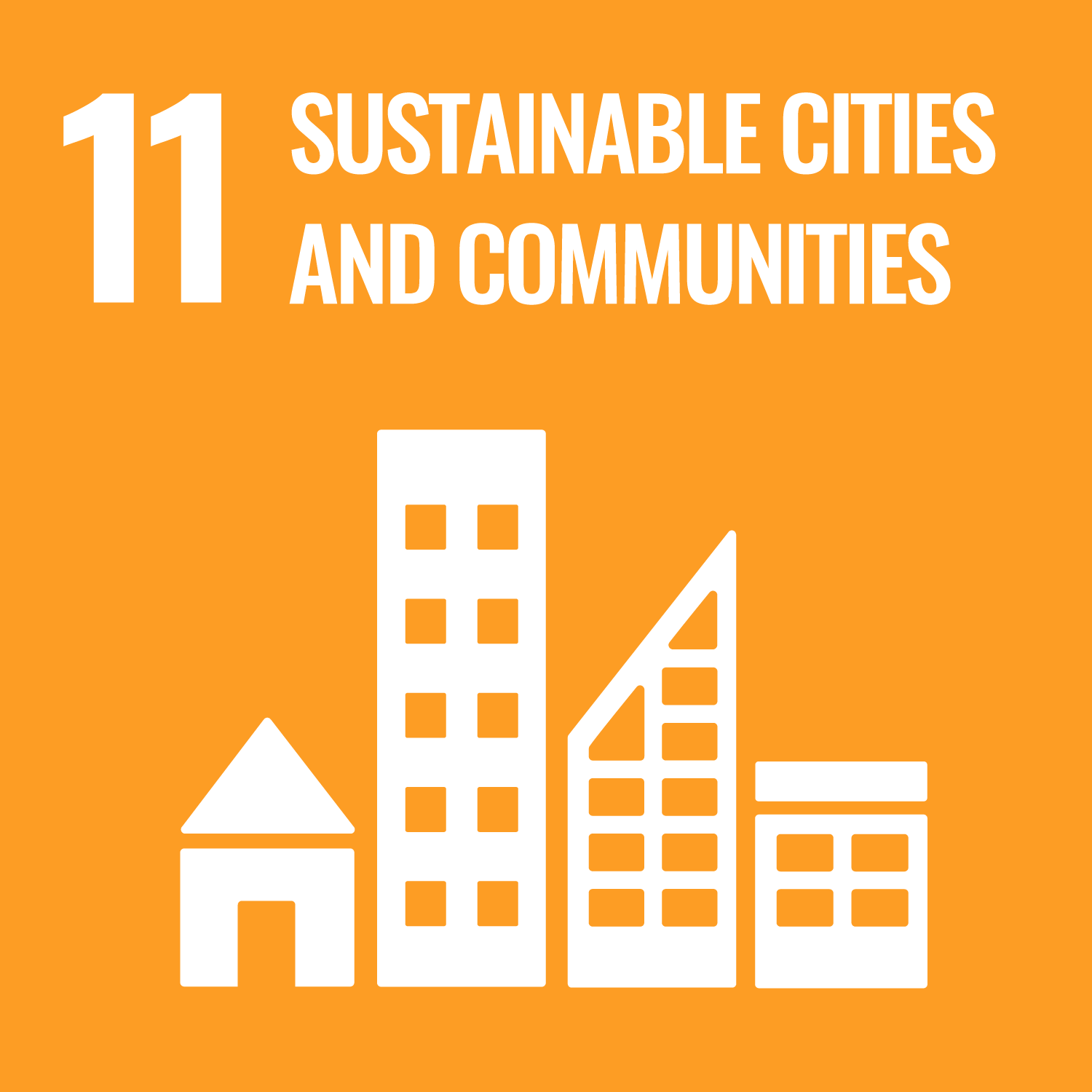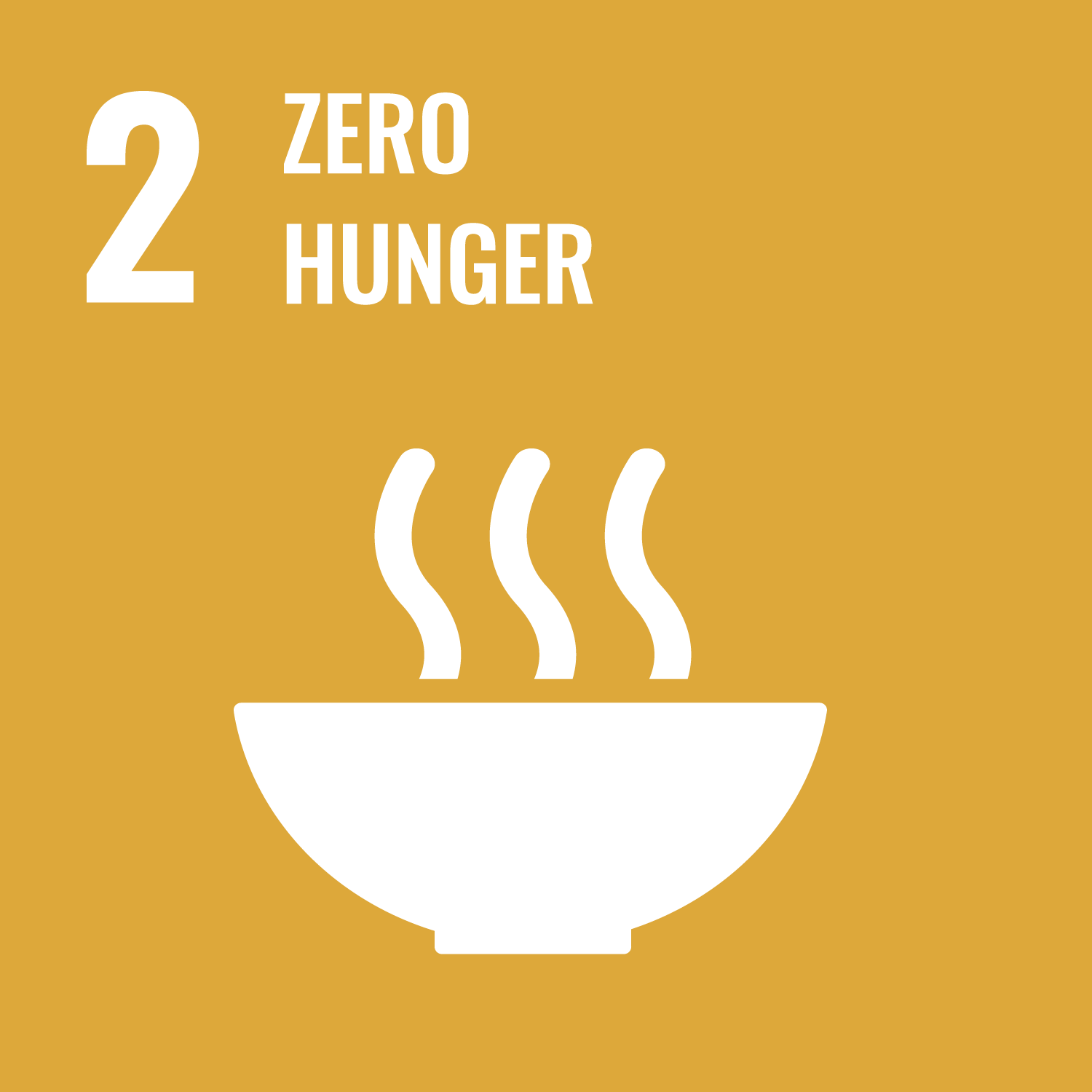God, Man and the World: Philosophical and Theological Dialogues on Sustainable Development
Maria Manzon, Associate Professor
Faculty of Human Sciences, Department of Education
- Education
【Course description】
“Sustainability” and “Sustainable Development” have become fashionable terms. In 2015, the United Nations had set 17 Sustainable Development Goals (SDGs) with ambitious targets to transform the world. Yet, what does “development” mean, why is its sustainability important, and since when has it been important? What lights can philosophy and theology shed on a deeper understanding of sustainable development?
This English-medium course combines theoretical and practical approaches. The first part of the course will examine worldviews comparatively from philosophy and theology to broaden and deepen our conceptual understanding of “sustainable development”. We will explore the nature of God, man and the world and how their interrelationships illuminate the pursuit of sustainable futures for integral human and cosmic development.
The second part will focus on specific global issues related to the environment, economy, social equity, lifestyle and well-being, and world peace. We will examine case studies and reports of individuals, international organizations, NGOs, and/or corporations engaged in achieving sustainable development. Students are expected to apply the interdisciplinary perspectives learned in the course to critically analyze and engage with these issues.

